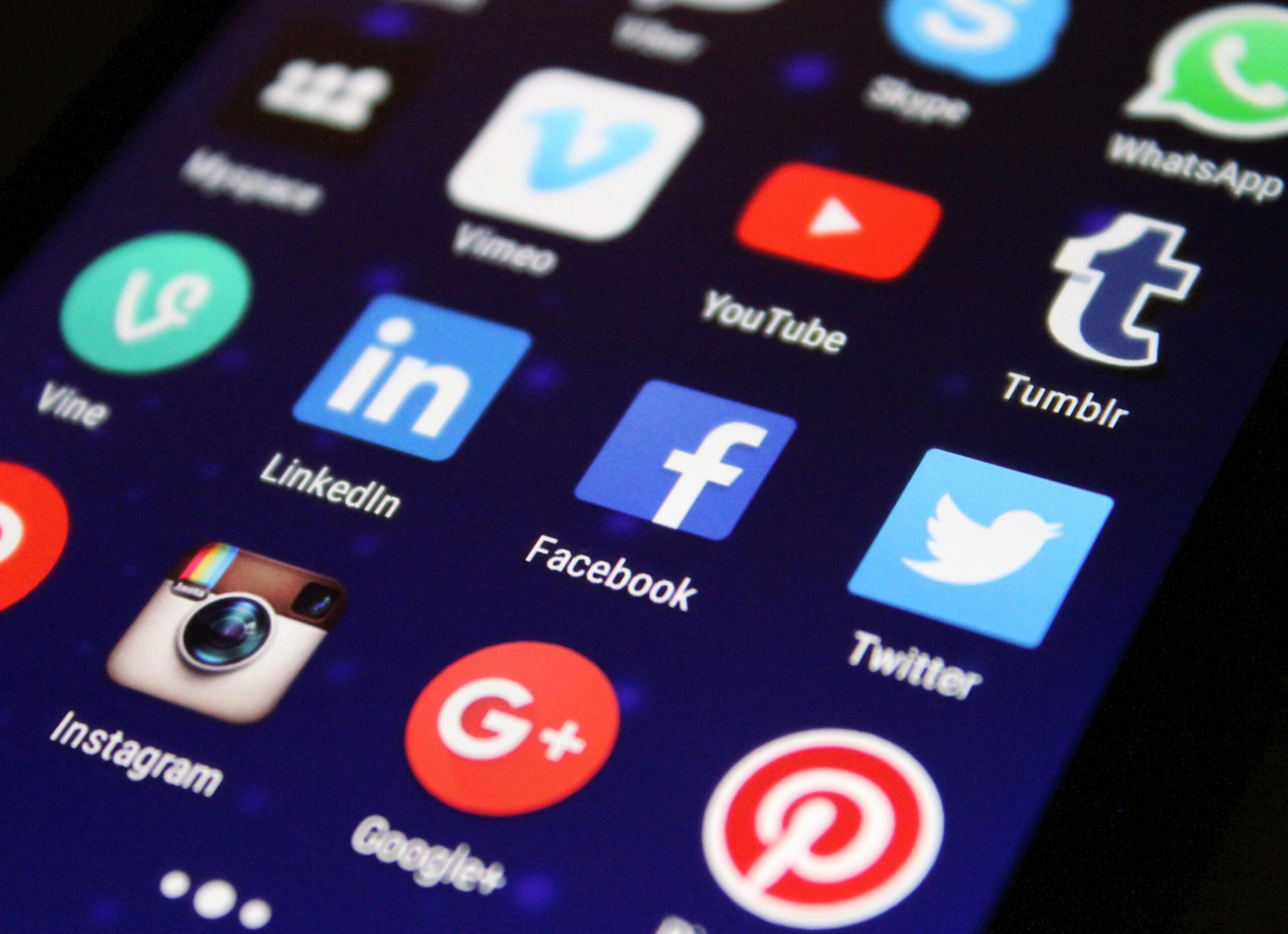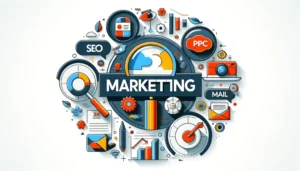The Best Social Media Platforms for Local Business Marketing: A Complete Guide

In today’s digital age, having an online presence is crucial for local businesses. Social media marketing offers a cost-effective way to reach nearby customers and build a strong brand in your community. But with so many social platforms available, which ones should you focus on? This guide breaks down the best social media channels for local business marketing and shows you how to make the most out of each one.
1. Facebook
Facebook remains one of the most powerful platforms for local businesses.
- Pros:
- Large user base spanning all demographics.
- Facebook Ads allows hyper-targeting by location.
- Great for building a community via Groups.
- Cons:
- Organic reach is declining.
- Requires ad spend for better results.
- Best Strategies:
- Run local promotions through Facebook Ads.
- Create engaging posts about local events.
- Encourage customer reviews and recommendations on your page.
- SEO Impact: Posts and reviews can improve your local search visibility, especially if you link your website and optimize your business info.
2. Instagram
Instagram is ideal for visually-driven businesses, such as restaurants, boutiques, and service providers.
- Pros:
- High engagement, especially with younger audiences.
- Instagram Stories and Reels offer dynamic ways to connect.
- Location tags and hashtags can increase local discoverability.
- Cons:
- Limited click-through options for organic posts.
- Need a steady flow of high-quality visuals.
- Best Strategies:
- Showcase your products, customer stories, and behind-the-scenes via Stories or Reels.
- Collaborate with local influencers for increased reach.
- Use local hashtags and geotags to appear in local searches.
- SEO Impact: While Instagram posts don’t directly improve SEO, using the right hashtags and location tags helps boost local visibility.
3. Google My Business (GMB)
Google My Business is one of the most critical platforms for local SEO and visibility.
- Pros:
- Directly improves your local search ranking.
- Allows easy customer interaction via reviews, posts, and Q&A.
- Perfect for sharing updates, hours, and special offers.
- Cons:
- Limited to Google’s ecosystem.
- Requires regular updates to remain relevant.
- Best Strategies:
- Post regular updates, offers, and announcements.
- Respond promptly to customer reviews.
- Optimize your business info with relevant keywords and images.
- SEO Impact: A well-maintained GMB profile significantly boosts local search rankings and helps you show up in Google Maps.
4. LinkedIn
LinkedIn is perfect for B2B companies, service providers, and local professionals.
- Pros:
- Professional audience with networking opportunities.
- Ideal for building authority in your niche.
- LinkedIn Groups and content publishing allow for thought leadership.
- Cons:
- Not suitable for B2C businesses like retail or restaurants.
- Takes time to build a meaningful network.
- Best Strategies:
- Share industry insights, local business updates, or professional achievements.
- Connect with local business owners and join relevant groups.
- Post content that highlights your expertise and services.
- SEO Impact: LinkedIn posts can rank on Google, and a well-optimized company page can drive traffic to your website.
5. TikTok
TikTok is a rapidly growing platform that offers huge potential for businesses that can engage through creative, short-form content.
- Pros:
- High organic reach potential.
- Popular with younger audiences.
- Perfect for showing off your brand personality.
- Cons:
- Requires creative, video-based content.
- Not ideal for businesses targeting older demographics.
- Best Strategies:
- Create fun, engaging videos that show behind-the-scenes, local collaborations, or product demos.
- Use trending local hashtags.
- Collaborate with local TikTok influencers to promote your brand.
- SEO Impact: TikTok links don’t directly improve SEO, but viral content can drive traffic to your other platforms.
6. X (Formerly Twitter)
Twitter can be an effective platform for engaging in real-time conversations, especially for community-based events and customer service.
- Pros:
- Quick, real-time communication with followers.
- Great for local event promotion and news updates.
- Hashtags and trends can boost local visibility.
- Cons:
- Short lifespan of tweets.
- Requires constant engagement to remain relevant.
- Best Strategies:
- Use local hashtags and participate in community discussions.
- Promote events, sales, and collaborations with other local businesses.
- Offer customer service by responding to tweets promptly.
- SEO Impact: Twitter links are no-follow, but timely content can help drive traffic and engagement.
7. YouTube
For businesses that can create valuable video content, YouTube offers excellent potential for local marketing.
- Pros:
- Second largest search engine after Google.
- Videos can be reused across other platforms.
- Perfect for tutorials, customer stories, and showcasing products.
- Cons:
- Requires time and effort to create high-quality video content.
- SEO optimization of video titles and descriptions is crucial for visibility.
- Best Strategies:
- Create how-to videos, local stories, or product demos.
- Use local keywords in titles and descriptions.
- Encourage viewers to visit your website or physical store.
- SEO Impact: Optimized videos rank well on both YouTube and Google, improving local SEO visibility.
Conclusion
Choosing the right social media platform for your local business depends on your industry, target audience, and marketing goals. Facebook and Google My Business are essential for most local businesses, while Instagram and TikTok can help you connect with younger audiences. LinkedIn is perfect for B2B businesses, while YouTube offers long-term visibility through video content.
To succeed, focus on building a consistent posting strategy, engaging with your audience, and optimizing your profiles for local search. By leveraging the strengths of each platform, you’ll build a powerful online presence that drives customers to your local business.



